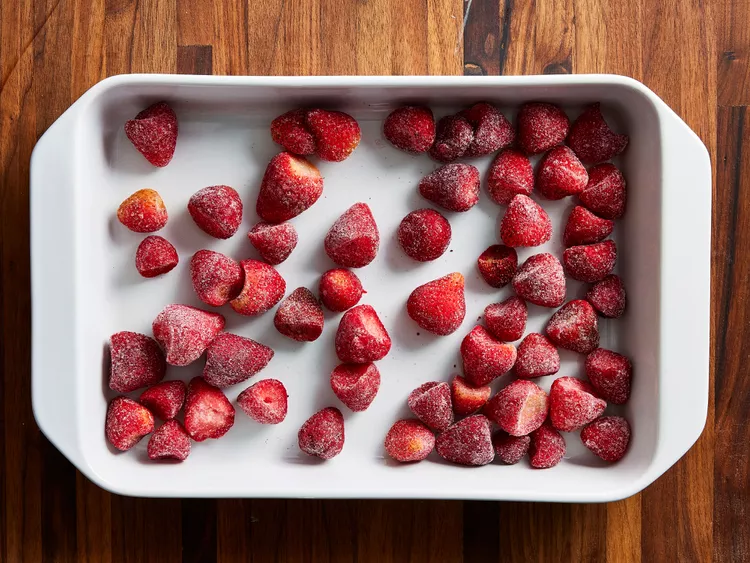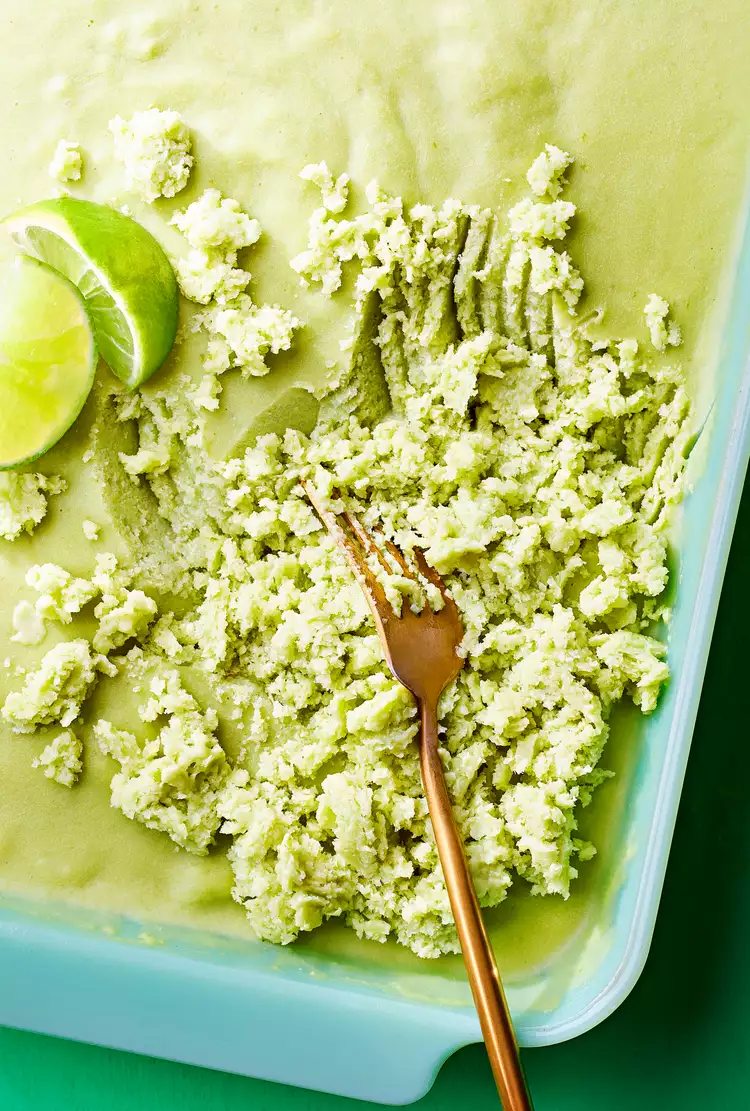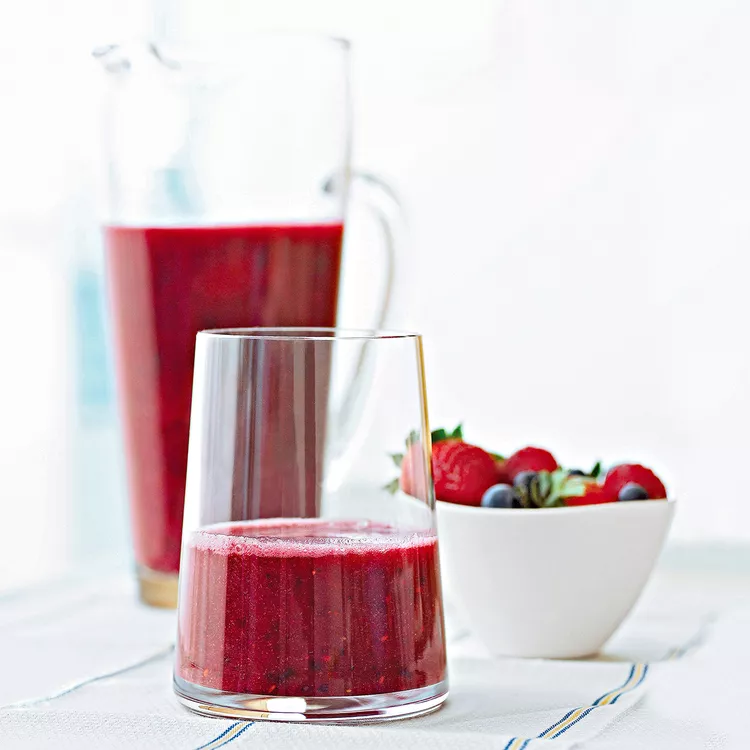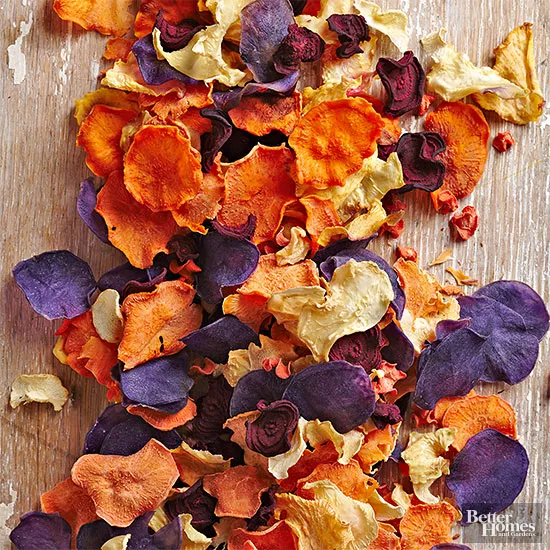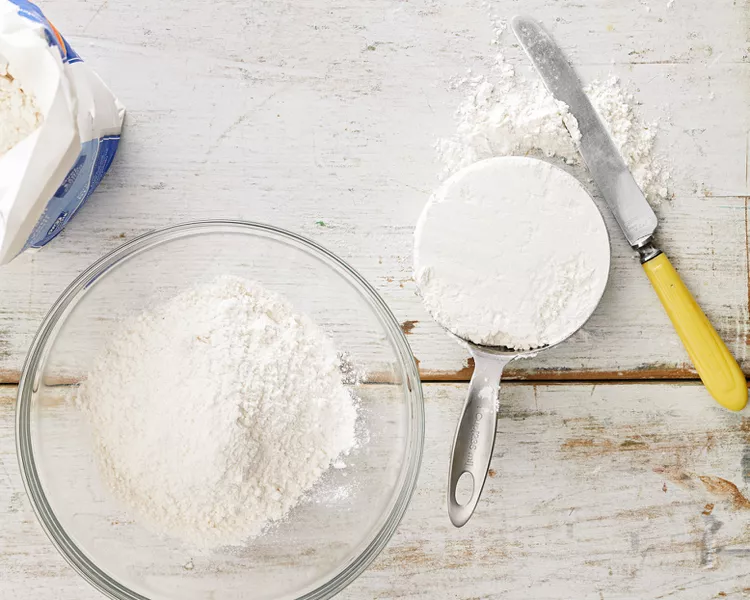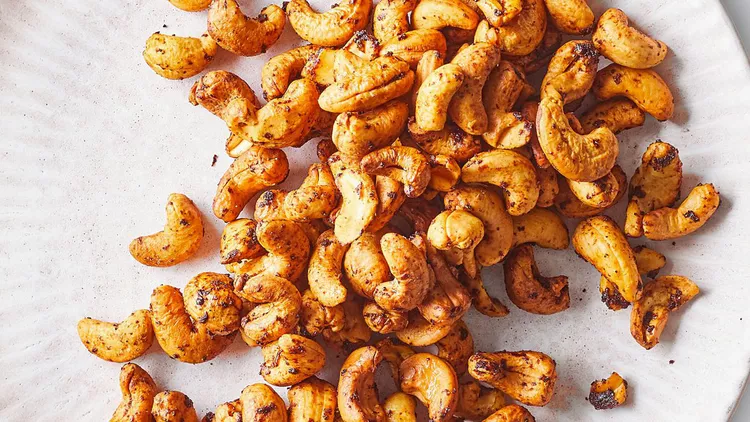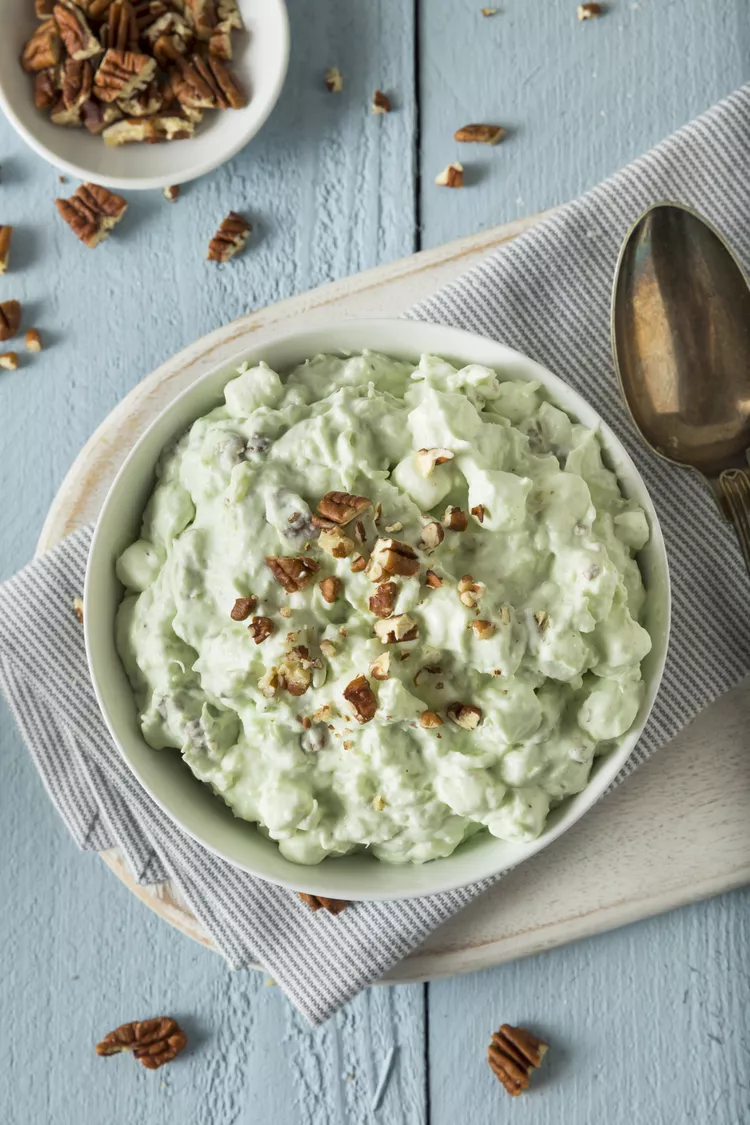If you're like 63% of Americans, you start your day with a steaming cup of French press or drip coffee made at home or from a local coffee shop. But when it comes to gut health, the acid from drinking multiple cups of coffee isn't always a wise choice. Enter yaupon tea, an energizing beverage brewed from the leaves of a native tree grown right here in America. Indigenous people figured this out long ago, and Yaupon tea eventually gained popularity with early colonizers.
Yaupon tea lost traction for nearly 200 years, overshadowed by coffee and other imported teas. Today, it's making a comeback as a daily brew thanks to harvesting in southern states (Texas and Florida) where the native plant grows. Read on for all the delicious, healthy details of drinking yaupon tea.
What Is Yaupon?
Yaupon (pronounced like yo-pon) comes from the plant known as Ilex vomitoria, a relative to the holly family. It grows (abundantly like an annoying weed, for some) in warm southern states and is the only caffeinated native plant grown in America that is turned into a drinkable tea. (Though a relative of the plant called Ilex cassine may be caffeinated, yaupon is the only known native caffeinated plant consumed in North America.) The tree's leaves are harvested and can be brewed like traditional green or black teas (usually made from the plant species Camellia sinensis).
What Does Yaupon Tea Taste Like?
If you've ever had yerba mate tea, yaupon has a similar earthy flavor since they come from the same holly plant family. The difference with yaupon is the flavor variations from preparation methods (i.e., fermenting, oxidizing, drying, roasting). For example, the wild yaupon harvests at CatSpring Yaupon in Texas are turned into three different varieties: green, medium, and dark roast. According to one coffee-loving reviewer turned yaupon tea fan on Amazon, the dark roast "is quite mild and just a little smoky."
Yaupon Tea Benefits
According to Abianne Falla, co-founder of CatSpring Yaupon, the tea has a unique combination of caffeine and theobromine (linked to having antioxidant properties). Combined with some bonus anti-inflammatory properties, she says, "it really makes you feel good." Another reason to love yaupon tea is that it doesn't contain tannins (a chemical compound that gives off a bitter taste in some teas), so you can re-steep the tea multiple times without worrying the flavor will change. And if you're trying to be more sustainable with your consumption, Falla points out that choosing yaupon leaves a smaller carbon footprint since it's sourced right here in America rather than imported.
How to Brew Yaupon Tea
How you brew your tea might vary depending on the type, but CatSpring Yaupon recommends 1 teaspoon of loose tea or (one tea pouch) per 14-ounce cup. You don't want to burn the tea leaves, so make sure the water is at 160ºF to 180ºF, which is a little less than the boiling point (212ºF). And there's no need to get a thermometer; just let your water kettle rest off the boil for 30 to 45 seconds. Steep for four to six minutes and enjoy! Feel free to re-steep a few more times (remember, no tannins mean no bitter aftertaste!). Just add a few more minutes each time to extract the most flavor.
